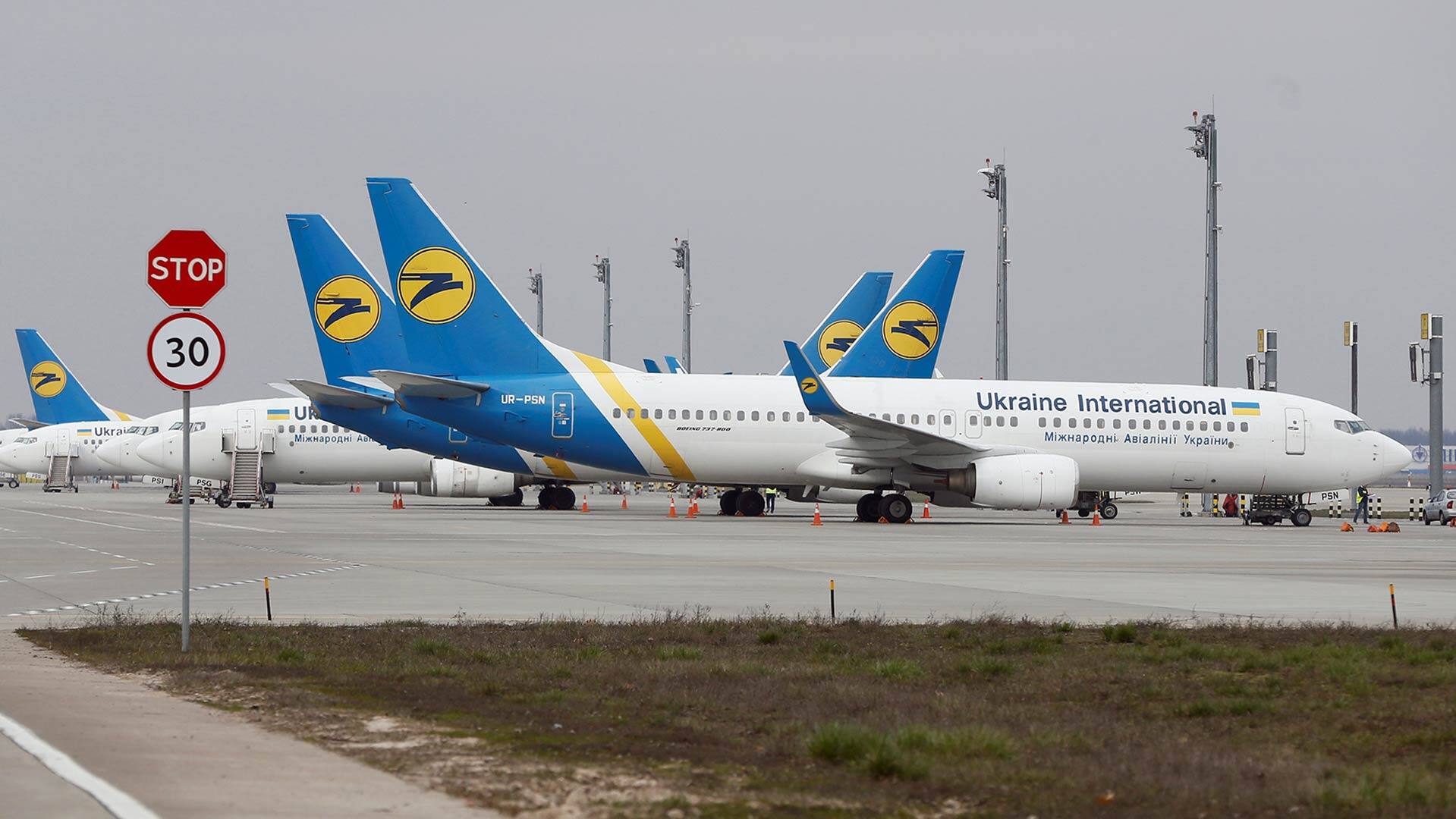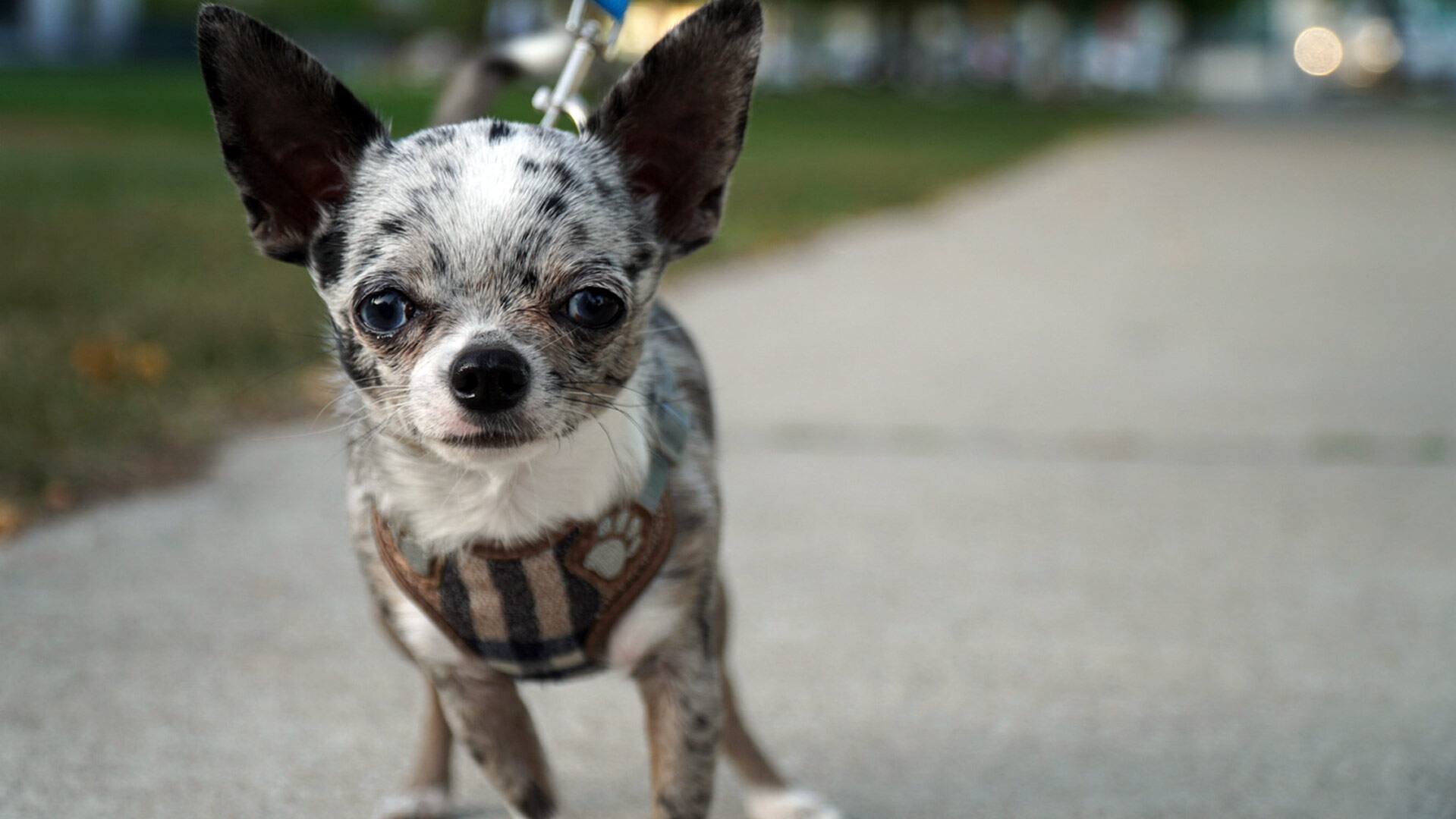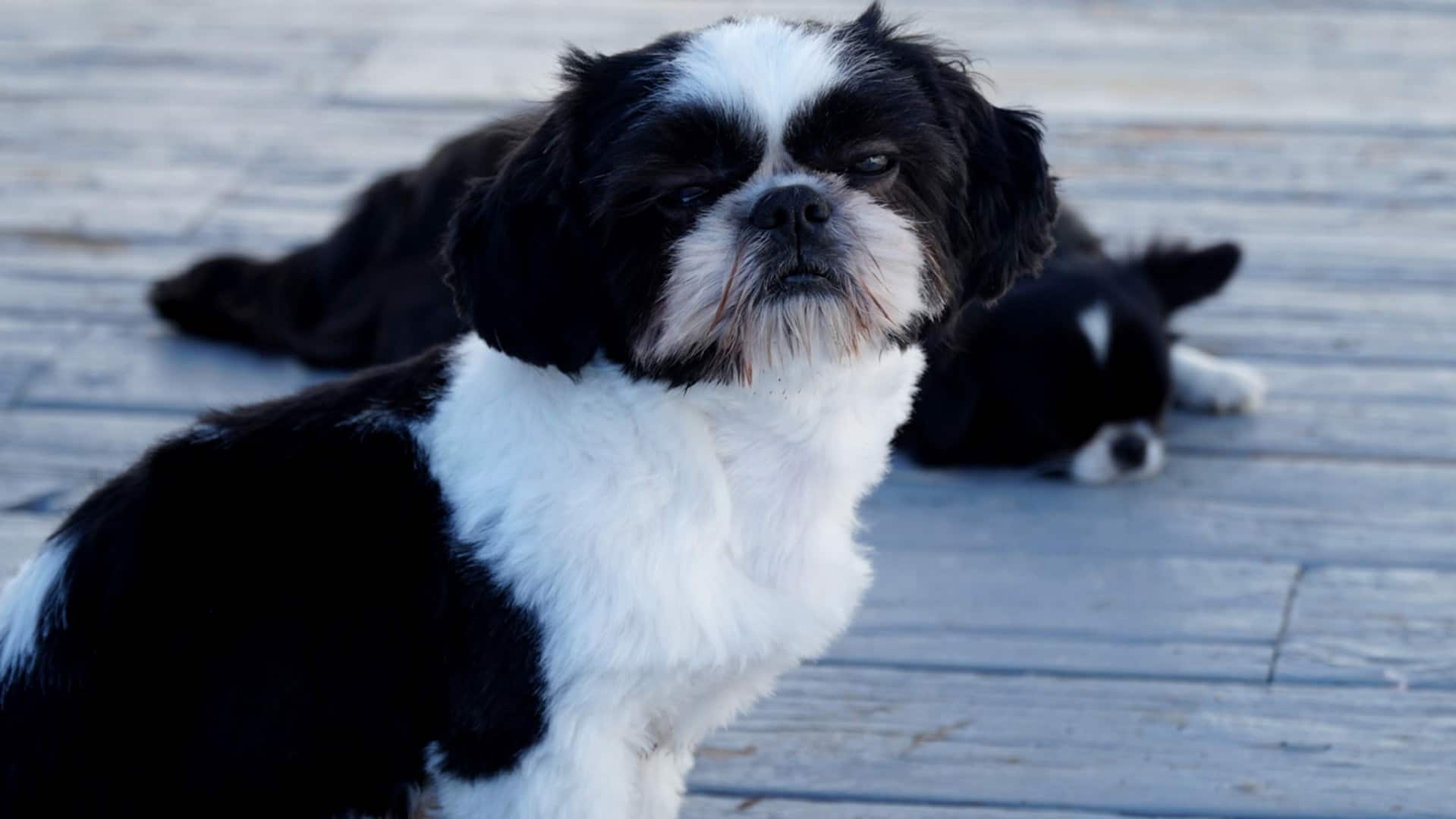At least six puppy importers who are bringing dogs into Canada from Eastern Europe have been targeted in raids by the Canadian Food Inspection Agency this month, focusing attention on an opaque multi-million dollar business that welfare and veterinary groups have repeatedly warned about.

At least six puppy importers in Canada have been targeted in raids this month, focusing attention on an opaque multi-million dollar business that welfare and veterinary groups have repeatedly warned about.
The raids have targeted importers bringing puppies into Canada from Ukraine, Poland and other East European countries who sell them online for between $3,000 and $6,000 each.
Animal welfare and veterinary groups say the imported animals are often raised in poor conditions and arrive in the country unhealthy and, sometimes, with forged vaccination records.
In one of the raids, investigators from the Canadian Food Inspection Agency, which regulates the import of animals, arrived at a rural property in the Ottawa suburb of Clarence-Rockland at dawn March 3, pounded on the front door and woke up Yulia Laliberté.
Six CFIA agents and provincial police officers searched her home, executing a search warrant that said authorities had reasonable grounds to believe Laliberté may have provided a CFIA inspector with “falsified health and kennel of origin certificates” for three Maltipoo puppies she imported from Ukraine.
Laliberté said she brings in between four and 15 puppies as often as twice a month and insists her dogs have proper certification and that she has done nothing wrong.
She has not been charged, but the warrant alleges she may have violated several sections of the Health of Animals Act. The CFIA would not comment on the raid.
“The importation of puppies into Canada is part of an ongoing investigation,” the agency said in a statement.
Laliberté said she was one of six Ontario importers raided by the CFIA in March, and a source familiar with the matter confirmed that to CBC News.
In an interview with CBC, Laliberté said she is a scapegoat that authorities “are trying to pawn all the guilt on.”
“They basically treated me as if I’ve done something wrong,” she said of the way agents and officers executed the raid.
Laliberté says she has imported 150 dogs over the last two years and sells her puppies for about $3,500 each.
Veterinarians raise concerns about vaccination records
The Canadian Veterinary Medical Association has expressed concern that some imported dogs are bred in puppy mills abroad in poor conditions.
Animal welfare advocates have also sounded the alarm about the number of puppies dying en route to Canada, warning that dogs can sometimes be in transit for 24 hours or more by the time airport waits and connecting flights are factored in.
At least 38 puppies died in a shipment of 500 dogs on a flight from Ukraine last June, prompting an investigation by the CFIA that led to a change in federal rules that restricted imports from Ukraine to puppies over eight months old.
WATCH | CFIA investigates after 38 puppies die in shipment of 500 dogs on flight from Ukraine last June:

Toronto airport officials are investigating a gruesome discovery on a flight from Ukraine. More than 500 dogs were on board, but dozens were dead. 2:02
Laliberté said she imported 40 puppies on that particular flight but says none of them died.
IATA, which represents airlines, says it urges its members to follow safe handling practices when transporting animals. For instance, Canadian carriers only allow two animal crates per flight and refuse to fly with caged animals if temperatures exceed 29.5 C, although not all dog importers use Canadian carriers, and some foreign carriers allow more crates.
Last year, a months-long hidden-camera investigation by the CBCs The National and Marketplace uncovered a number of unscrupulous importers and sellers operating in Canada and prompted public scrutiny of the industry.
It found sellers concealing that their puppies were imported, and dozens of imported dogs with serious and sometimes fatal medical conditions.
Veterinarians have raised questions around some of the dogs being imported into Canada from Ukraine, flagging concerns such as vaccination records that cannot be verified or do not have the name of the veterinarian as required or suggest the dog was vaccinated when it was only a month old.
Marketplace tested one puppy imported from Ukraine that the seller said had been immunized against rabies, but the test confirmed the puppy either had not been vaccinated or the shot was given at such a young age as to be ineffective.
WATCH | Marketplace hidden-camera investigation into unscrupulous importers and sellers:

People looking to get a dog from a reputable source often turn to the Canadian Kennel Club’s Puppy List. But The National has learned no one screens the list and it includes sellers who have imported dogs from puppy mills in Eastern Europe, some of which have been sick and end up needing extensive medical treatment. 6:10
‘Pressure to act’
Canadian veterinary researcher Scott Weese, the Ontario Veterinary College’s chief of infection control, has also flagged concerns about the lack of screening for animal diseases. Unlike in Australia and U.K., puppies coming into Canada are not required to be quarantined after arrival.
He has previously said the business of commercially importing dogs is not adequately regulated by the CFIA, with importers required to show little more than confirmation of vaccination.
“I think [the CFIA] is showing increased awareness,” he said in a recent interview with CBC. “And I think some major incidents lately have raised more concerns. There’s maybe more pressure to act now.”
Weese welcomed last year’s change restricting imports from Ukraine but says now, exporters are simply routing animals through Poland, Russia and Moldova to circumvent that restriction.
Laliberté says she sources French bulldogs and other breeds from her sister-in-law in Ukraine, as well as from other breeders. In light of the recent restrictions, she said, her sister sent the dogs from Ukraine to Poland, where they were in kennels for two months so they could be rebranded as Polish and bypass the Canadian rules. Laliberté says in her view, there is nothing illegal about that, and Canadian regulations don’t seem to explicitly forbid it.
She says there are many unscrupulous importers and sellers in Canada who do not care about animal health and well-being but that she is not one of them.
CFIA should not have allowed her to take possession of the imported puppies if it suspected the paperwork was falsified, she said.
“There are lots of bad importers,” she said. “Some people do it just for money. I’m doing it because my sister-in-law breeds show-quality dogs.”
Puppies died of electrocution
Officers and inspectors who searched Laliberté’s property were given wide latitude to seize “records, documents, certificates, electronic communications, banking records, sales records, computer systems and cellular device … related to the importation of puppies,” according to the search warrant.
She had already sold 12 of the 15 puppies she last imported at the time of the raid, but three remained with her. She says the CFIA quarantined those three at her home and gave her the choice of removing the dogs from Canada or surrendering them to authorities.
Laliberté says she offered to re-vaccinate the puppies but that authorities weren’t open to discussing options that involved her keeping the dogs.
Before agents returned to collect the puppies, Laliberté says, they chewed through an electrical cable and were electrocuted. Two were still alive when she found them but died after she delayed taking them to the vet because, she said, she was unsure whether she was allowed to under the CFIA quarantine order.
She said the CFIA wanted to see proof the dogs hadn’t been moved elsewhere but that her father had unknowingly disposed of the animals and investigators are now “hunting” her for that. The CFIA did not comment on Laliberté’s claims, citing the ongoing investigation.
With some exceptions, offences under the Health of Animals Act carry a maximum punishment of two years in jail and fines up to $250,000.
WATCH | CFIA investigating some puppy importers:

CBC News has learned officials have moved in on some businesses that import puppies, accusing them of falsifying documents. But one importer says she’s been unfairly targeted, leading to the death of three puppies. 2:37
